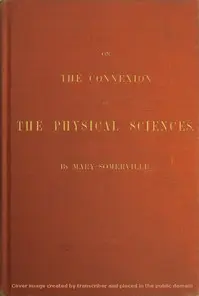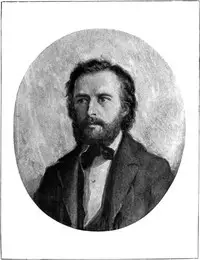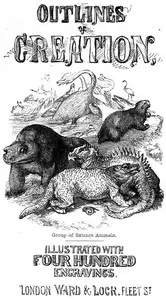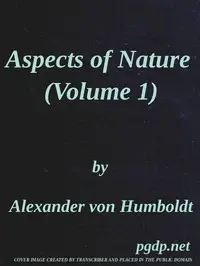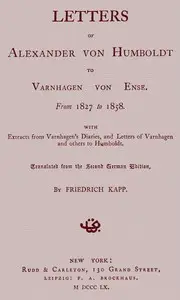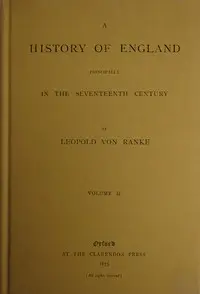"Cosmos: A Sketch of the Physical Description of the Universe, Vol. 1" by Alexander von Humboldt is a 19th-century science book that explores the universe's physical aspects and paints a picture of how everything fits together. Humboldt's goal is to give readers a complete view of space and Earth, revealing connections and the rules dictating how they work. At the start, Humboldt shares his deep thoughts on appreciating nature and the journey of learning about the universe. He encourages people to carefully watch the world around them, explaining how beautiful sights can inspire awe. Humboldt expresses a wish to move beyond simple explanations, acknowledging how complicated the universe is and how tricky it may be to truly capture it, touching on humanity's close connection with nature. By combining this relationship with science, Humboldt reasons that humans can better understand the universe, uniting different life forms and the forces impacting them
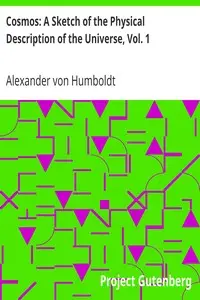
Cosmos: A Sketch of the Physical Description of the Universe, Vol. 1
By Alexander von Humboldt
Embark on a journey through the 19th-century cosmos, where science and nature intertwine to unlock the secrets of the universe and humanity's place within it.
Summary
About the AuthorFriedrich Wilhelm Heinrich Alexander von Humboldt was a German polymath, geographer, naturalist, explorer, and proponent of Romantic philosophy and science. He was the younger brother of the Prussian minister, philosopher, and linguist Wilhelm von Humboldt (1767–1835). Humboldt's quantitative work on botanical geography laid the foundation for the field of biogeography, while his advocacy of long-term systematic geophysical measurement pioneered modern geomagnetic and meteorological monitoring. Humboldt and Carl Ritter are both regarded as the founders of modern geography as they established it as an independent scientific discipline.
Friedrich Wilhelm Heinrich Alexander von Humboldt was a German polymath, geographer, naturalist, explorer, and proponent of Romantic philosophy and science. He was the younger brother of the Prussian minister, philosopher, and linguist Wilhelm von Humboldt (1767–1835). Humboldt's quantitative work on botanical geography laid the foundation for the field of biogeography, while his advocacy of long-term systematic geophysical measurement pioneered modern geomagnetic and meteorological monitoring. Humboldt and Carl Ritter are both regarded as the founders of modern geography as they established it as an independent scientific discipline.

